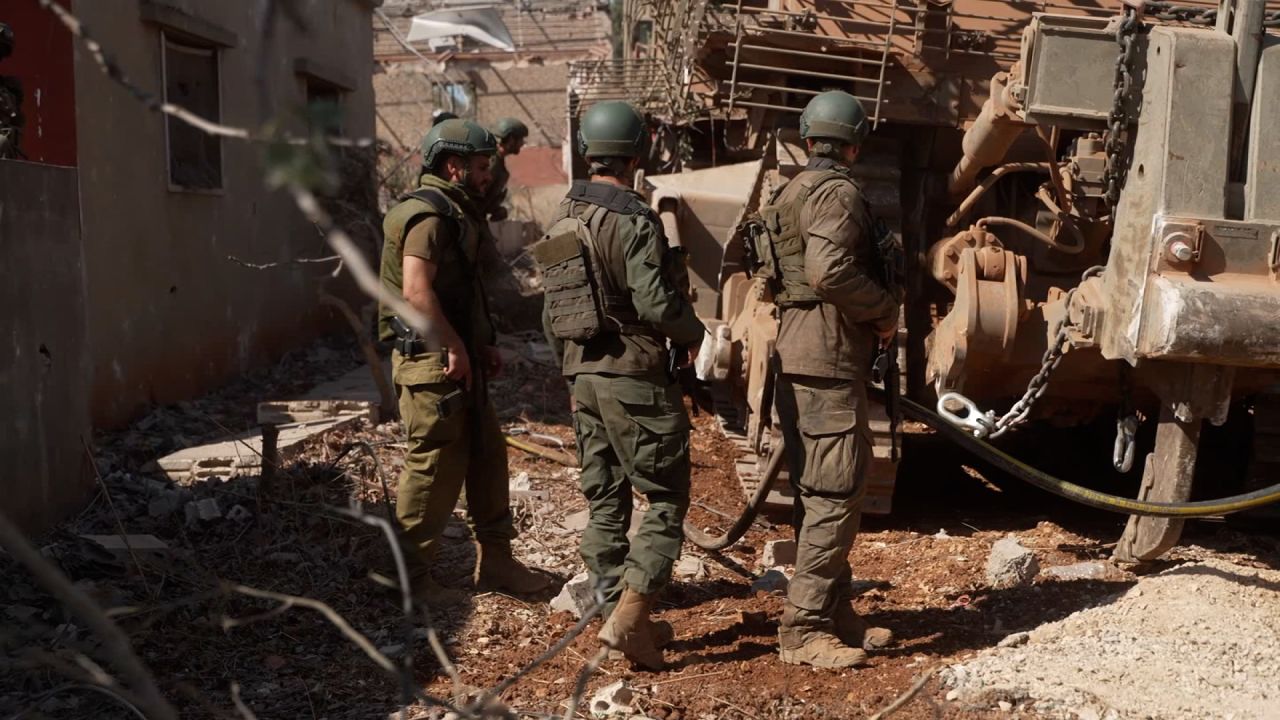As college campuses erupt in protest over the ongoing Israeli military actions in Gaza, echoes of the past reverberate through the halls of academia. Veterans of the 1960s anti-Vietnam War movement are watching closely, offering a mix of support and caution. They recognize the urgency of the moment but also warn of the pitfalls that led their own movements astray. The lessons are as relevant today as they were decades ago, presenting a critical opportunity for today’s activists to navigate the treacherous waters of political engagement.
Historical Context of Student Activism
The current wave of protests can be traced back to a time when students were galvanized by the atrocities of war. In the 1960s, groups like Students for a Democratic Society (SDS) mobilized thousands against the Vietnam War, culminating in significant societal changes. However, as noted by Michael Ansara, a prominent activist from that era, the strategies employed back then often blurred the lines between effective protest and counterproductive aggression. He emphasizes that the moral high ground is crucial in any activism, a lesson that seems to be at risk of being forgotten in the heat of contemporary demonstrations.
Warnings from the Past
Ansara’s new book, The Hard Work of Hope, serves as a manual for today’s youth, urging them to build a movement that is inclusive and strategic. He challenges activists to consider how to engage with those who disagree, rather than resorting to divisive rhetoric. This echoes a sentiment that has emerged in progressive media, where elder activists express concern about the potential for modern movements to replicate the mistakes of their predecessors. The cautionary tales of past missteps are not just historical footnotes; they are urgent reminders in a time when polarization runs high.

Bob Schieffer remembers Michael Ansara - CBS News
The Role of Intersectionality in Activism
Today"s protests, particularly around the Palestinian cause, invoke the need for intersectionality in activism. As reported by various outlets, the current protests have become a focal point for broader discussions about race, justice, and international solidarity. The struggle for Palestinian rights is intricately linked with issues of environmental justice and labor rights, which are often sidelined in mainstream narratives. Activists must remember that building coalitions across racial and class lines is essential for a sustainable movement that can challenge systemic oppression.
Economic Justice and Activism
Drawing from his experiences in founding the Massachusetts Fair Share organization, Ansara highlights the importance of addressing economic injustice alongside anti-war efforts. The victories of Fair Share—stopping rate hikes, securing tax rebates, and advocating for community resources—demonstrate that successful organizing goes beyond mere protest. It requires a comprehensive approach that links social justice to economic empowerment. This model is more vital than ever as students today face unprecedented economic challenges exacerbated by climate change and corporate greed.

CNN reporter shows the destruction left behind in southern Lebanon
Consequences of Failure to Adapt
As the Gaza protests continue, the stakes for today’s youth are incredibly high. The potential for backlash against activists is real, as seen in previous movements that faced governmental repression and societal pushback. If the current generation fails to learn from the past, they risk not only their own safety but also the broader struggle for justice. The intersection of climate change and social justice demands that activists engage thoughtfully and strategically. Ignoring these lessons could lead to fragmentation and disillusionment within the movement, much like what occurred after the fall of the 1960s activism.

![[Video] Anti-ICE Protester Pepper Sprayed as CBP Agents Disperse Crowd in Minneapolis](/_next/image?url=%2Fapi%2Fimage%2Fthumbnails%2Fthumbnail-1768260677127-y71sb7-thumbnail.jpg&w=3840&q=75)

![[Video] Several injured as U-Haul truck drives through Iranian protestors in Los Angeles](/_next/image?url=%2Fapi%2Fimage%2Fthumbnails%2Fthumbnail-1768176682028-q95y6j-thumbnail.jpg&w=3840&q=75)
![[Video] Scuffle breaks out between Trump supporters and Anti-ICE protesters in Times Square](/_next/image?url=%2Fapi%2Fimage%2Fthumbnails%2Fthumbnail-1768165958203-hgcgb-thumbnail.jpg&w=3840&q=75)


![[Video] Gunfire between Iraqi security forces and Sadr militias in Baghdad](/_next/image?url=%2Fapi%2Fimage%2Fthumbnails%2Fthumbnail-1768343508874-4redb-thumbnail.jpg&w=3840&q=75)
